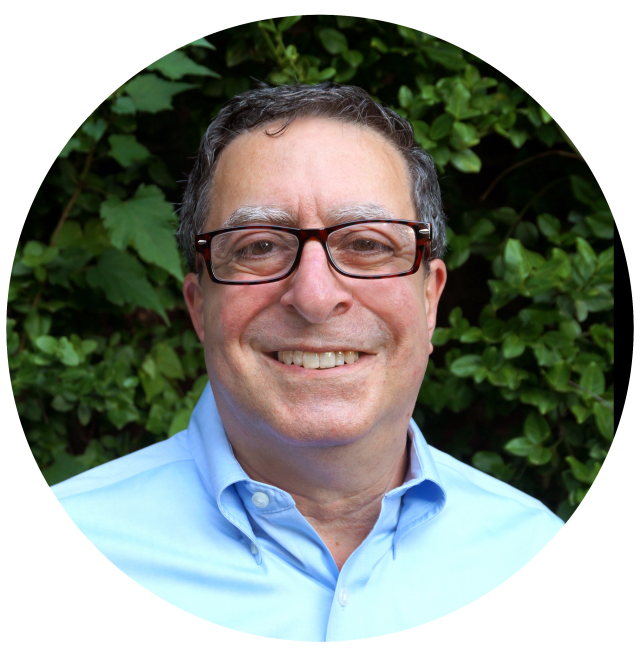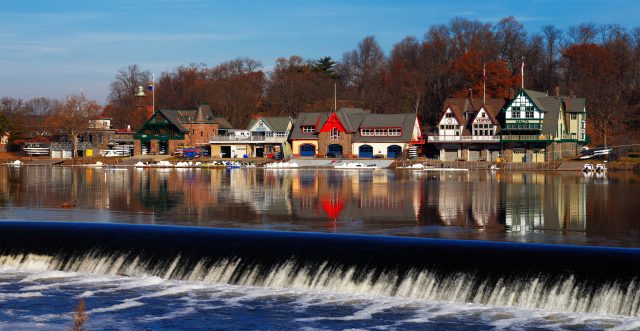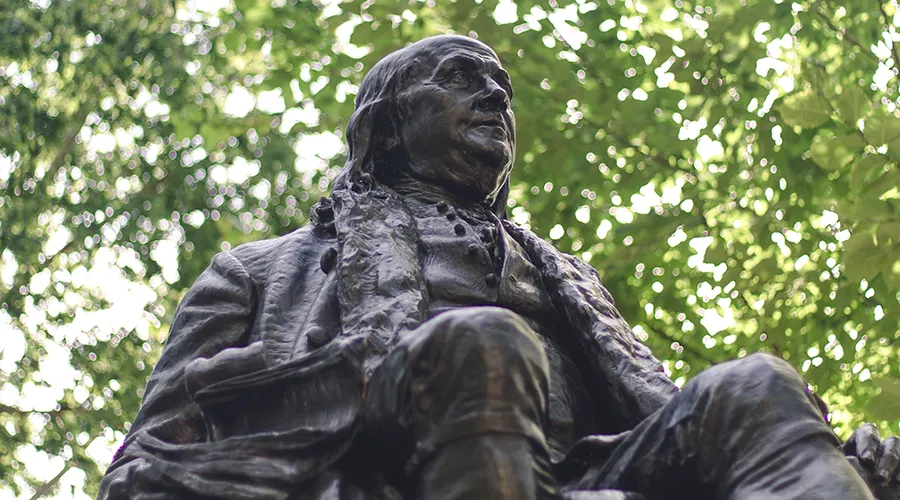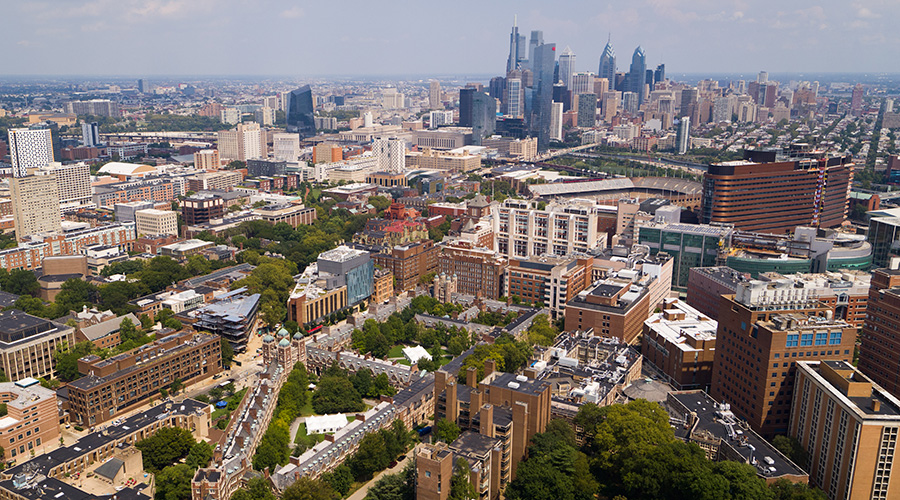It can be easy to take clean water for granted. But one does not need to live in a remote village to suffer from water inequity. Challenges in reliable access to clean and safe water exist in urban areas across the United States and around the world. These issues create poor health outcomes and environmental hazards, especially for people in underprivileged communities.

“Water is among the most undervalued and overutilized of the world’s resources,” says Howard Neukrug, CE’78, PAR’18, Professor of Practice in the Department of Earth and Environmental Science at Penn Arts & Sciences. “The combination of outdated water infrastructure and increasingly frequent water crises continue to threaten public health, environmental performance, and economic prosperity.”
As former Commissioner and CEO of Philadelphia Water, Neukrug was responsible for all aspects of operations and policy decisions for a water system serving 2.3 million people. In 2018, Neukrug became the Executive Director of the Water Center at Penn.
The Water Center is a transdisciplinary applied research center focused on finding equitable, resilient, and innovative solutions to critical water challenges in urban areas. Raising support for research on energy, sustainability, and the environment—including the work of the Water Center—is an important priority of The Power of Penn Arts & Sciences Campaign. Through applied research, the Water Center is becoming a key partner in addressing a wide variety of urban water challenges in the Mid-Atlantic region and beyond.
By harnessing Penn’s strength for facilitating partnerships across departments, programs, and schools, and by building relationships between Penn faculty and water industry leaders, the Water Center at Penn is setting global standards for excellence in research and action to address the biggest challenges facing urban water resilience, sustainability, and justice.”Howard Neukrug, CE’78, PAR’18, Professor of Practice in the Department of Earth and Environmental Science at Penn Arts & Sciences and Executive Director of the Water Center.
While the crisis in Flint, Michigan, raised awareness of water inequity in America, there are countless untold stories of challenges in accessing one of humanity’s most fundamental resources. “Historically, underserved communities have disproportionate environmental burdens and substandard water infrastructure,” says Andy Kricun, Senior Advisor to the Water Center and former Executive Director and Chief Engineer of the Camden County Municipal Utilities Authority. “They also have fewer resources to address these challenges. One of the Water Center’s goals is to ensure that everyone—regardless of who they are, where they live, or what they look like—has access to safe drinking water and clean waterways.”

The Water Center at Penn’s applied research projects through the Heinz, William Penn, and Kresge Foundations are helping to expose the root causes of water inequities in underprivileged communities, connecting communities and city leaders to technical and financial resources, opening lines of communication between a diverse set of stakeholders, and creating solutions based on an inclusive approach with a wide array of voices represented at the decision-making table. The potential for interdisciplinary collaborations based on the Water Center’s work is broad, from urban research and city planning to environmental science, climate change, health care, and engineering solutions to meet purification needs and to upgrade water infrastructures—making Penn, with its expertise across all these areas and its culture of cross-disciplinary discovery, the ideal place for such work.
“Water is the universal connector,” says Neukrug. “Solving the increasing number of global and local urban water challenges will take dedicated resources, expertise, ingenuity, partnerships, public awareness, and policy advocacy. Everyone has a role to play in solving these shared water challenges.”
There are many ways that philanthropy can support the Water Center’s research projects, accelerate the creation of actionable solutions, and develop the next generation of global leaders in water equity, access, and management. To learn more, visit the Water Center’s website.





